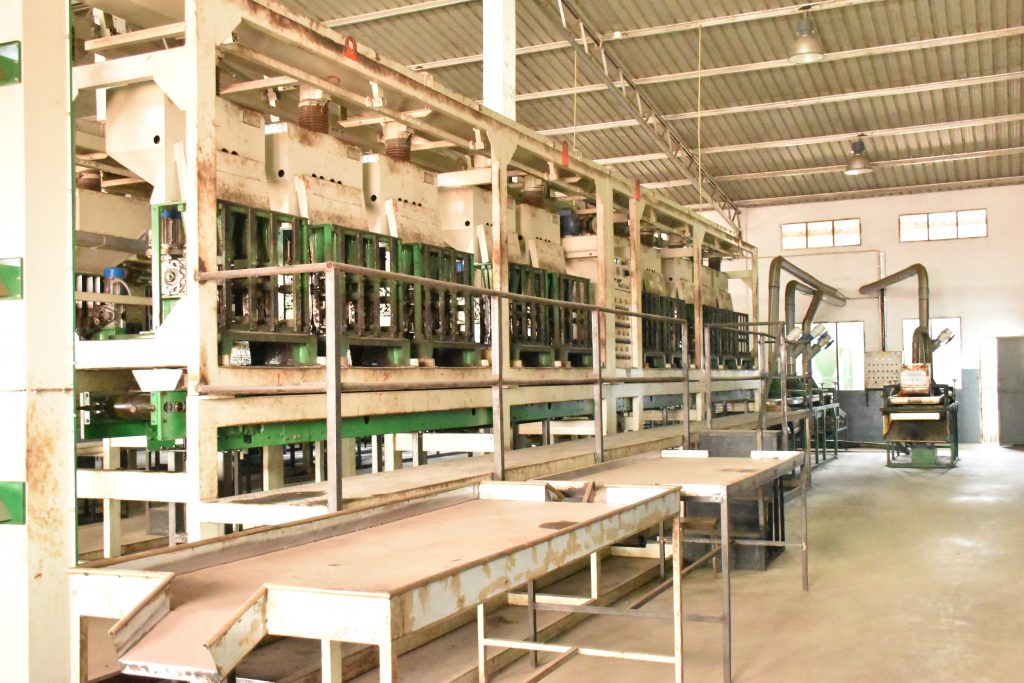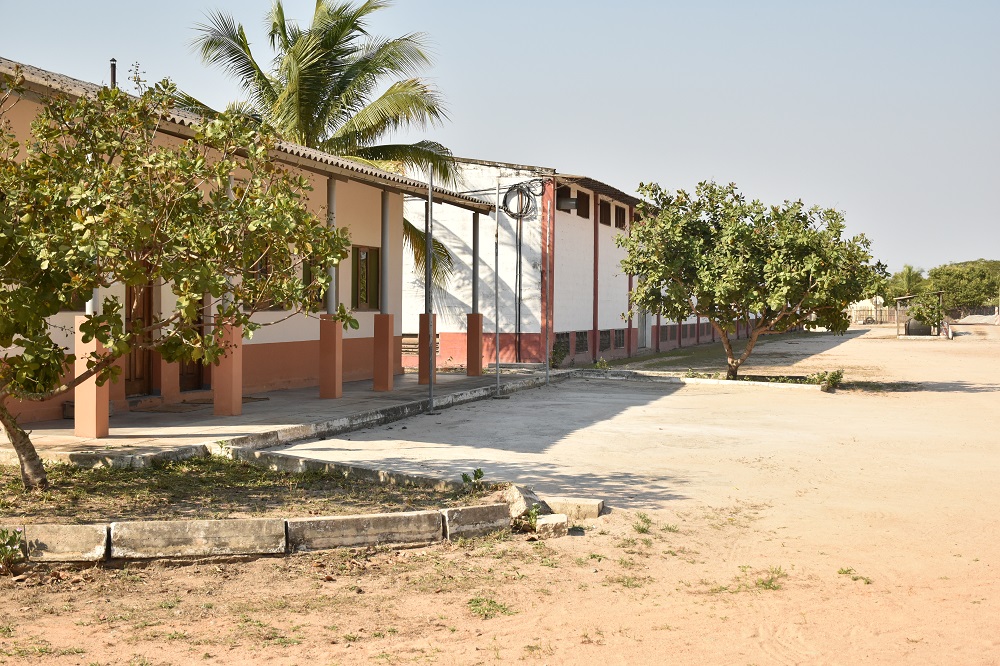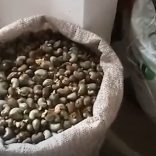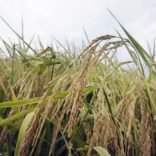Mozambique: Government expects almost 100 tonnes of coffee production this year
Mozambique: Gapi, Condor and Ikuru unite to save the cashew

Photo: Gapi
“We are in the final stage of completing the planting of the first 200 hectares of new cashew orchards here in Mogovolas” president of the Association of Producers of Manlahipa, Mogovolas district, Nampula Agostinho Emiliano said.
“We are carrying out this work in partnership with Condor and Ikuru, together with this community. It is an example of one of the things that must be done to save the cashew as an important economic and social sector in the country. When we combine industrialists and farmers, we contribute to jobs, factory work and better yields for farmers,” added João Maunze, executive director of Gapi.
Agostinho Emiliano and João Maunze were speaking during a visit to the project, which promotes community cashew trees and is implemented by Gapi in partnership with companies Condor and Ikuru.

The Condor group, which has three factories for processing cashew nuts – in Nametil and Anchilo in Nampula province and one in Macia, in Gaza – has partnered with Gapi-Sociedade de Investimentos to develop a programme to improve yields and consolidate the cashew value chain. Gapi has been providing technical assistance and training to local organisations which rejuvenate cashew orchards according to the latest agronomic practices.
“Today, farmers’ income averages 16,000 meticais a year (about US$216.00). Of course, they have other income, because the cashew tree is a complement. But, in about three to four years, the income from a family cashew orchard of about four hectares, with trees of new varieties such as those being planted in Mogovolas, may reach about US$2,000 a year. We are talking about a six to ten-fold increase,” director of Condor Silvino Martins, who has worked in the sector for 15 years, clarified.

During the Forum on Agricultural Marketing held on August 29 in Nampula and in the presence of the head of state, economist António Souto, founder and senior adviser at Gapi, warned of the “risks of destruction of the nascent cashew industry unless urgent financial measures to support the sector are taken, as well as interventions against pirates who use the commercialisation of cashew to launder money and illegally export capital”.
“The governments of India and Vietnam have taken strong measures to protect their cashew industry. I do not understand why we are hesitating to protect this sector, which employs around 15,000 workers. Unfair competition and the lack of financial support aggravated by the pandemic crisis have already caused the closure of around 10 factories with more than 10,000 workers laid off,”said Souto.
“Between 1995 and 1999, the Government of Mozambique gave in to pressure from the Indian cashew industry lobby and allowed a large part of the cashew crop to be exported raw, instead of being processed nationally. At the time, thousands of jobs were lost. Without urgent intervention, and in the critical situation which the country is now experiencing, the closure of these factories will be a tragedy of incalculable dimensions,” the economist warned.












Leave a Reply
Be the First to Comment!
You must be logged in to post a comment.
You must be logged in to post a comment.